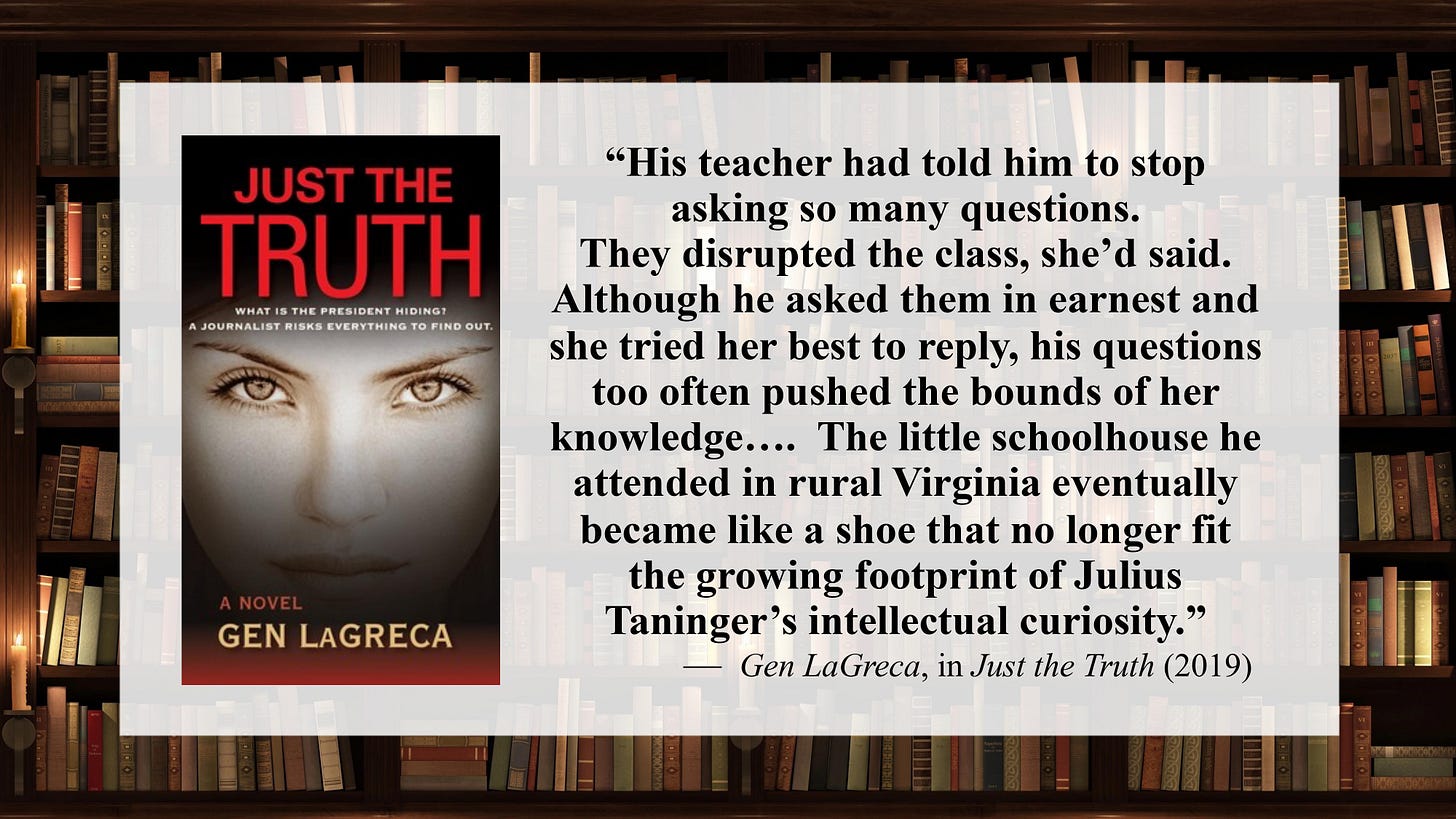Opening Line of the Week
The entire first paragraph of LaGreca’s novel is very well written, but the concluding metaphor is nothing short of spectacular. To me, it perfectly captures the critical, character-forming role that an insatiable curiosity can play in a young, developing human being.
For nearly 2,000 memorable opening lines from every genre of wo…
Keep reading with a 7-day free trial
Subscribe to Dr. Mardy's Substack to keep reading this post and get 7 days of free access to the full post archives.

